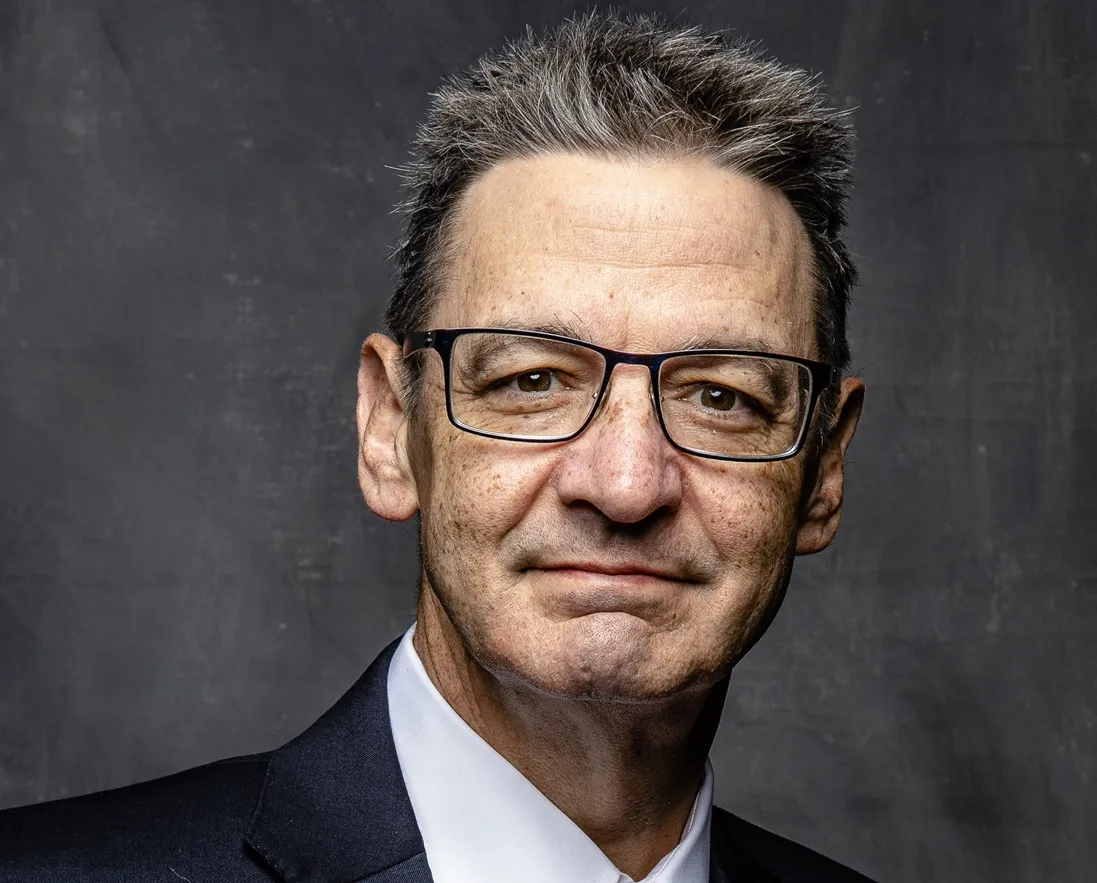According to website The Verge, Hyperloop Transportation Technologies (HTT) has secured land for the first full-scale Hyperloop, planned for a 2016 launch in the California model town of Quay Valley. Building off Elon Musk's freely available designs, the crowdfunded company has marked out a five-mile stretch of Quay Valley adjacent to California's Interstate 5 freeway as a place where the innovative transportation system can be deployed. If successful, it would be the first full-size implementation of Musk'
March 2, 2015
Read time: 2 mins
RSSAccording to website The Verge, Hyperloop Transportation Technologies (HTT) has secured land for the first full-scale Hyperloop, planned for a 2016 launch in the California model town of Quay Valley.
Building off Elon Musk's freely available designs, the crowdfunded company has marked out a five-mile stretch of Quay Valley adjacent to California's Interstate 5 freeway as a place where the innovative transportation system can be deployed. If successful, it would be the first full-size implementation of Musk's ideas for a mass-transit system which could propel capsules carrying humans at high speed through a series of low pressure tubes, published in August 2013.
"This installation will allow us to demonstrate all systems on a full scale and immediately begin generating revenues for our shareholders through actual operations," CEO Dirk Ahlborn said in a statement.
Musk is already building his own Hyperloop test track in Texas, but HTT says Musk's track is a scaled-down model, allowing for easier testing of the physics involved. HTT's track will be designed for human passengers, testing the passenger systems, but will come with other limitations. With only five miles of track, the craft will top out at just 200mph rather than the 760mph predicted in Musk's initial documents.
"It's not about speed," Ahlborn said. "There are a lot of other things that need to be optimised."
HTT will be moving towards a public offering near the end of 2015 in order to reach its US$100 million funding goal. They Hyperloop is expected to be up and running between 2019 and 2025.
Building off Elon Musk's freely available designs, the crowdfunded company has marked out a five-mile stretch of Quay Valley adjacent to California's Interstate 5 freeway as a place where the innovative transportation system can be deployed. If successful, it would be the first full-size implementation of Musk's ideas for a mass-transit system which could propel capsules carrying humans at high speed through a series of low pressure tubes, published in August 2013.
"This installation will allow us to demonstrate all systems on a full scale and immediately begin generating revenues for our shareholders through actual operations," CEO Dirk Ahlborn said in a statement.
Musk is already building his own Hyperloop test track in Texas, but HTT says Musk's track is a scaled-down model, allowing for easier testing of the physics involved. HTT's track will be designed for human passengers, testing the passenger systems, but will come with other limitations. With only five miles of track, the craft will top out at just 200mph rather than the 760mph predicted in Musk's initial documents.
"It's not about speed," Ahlborn said. "There are a lot of other things that need to be optimised."
HTT will be moving towards a public offering near the end of 2015 in order to reach its US$100 million funding goal. They Hyperloop is expected to be up and running between 2019 and 2025.







